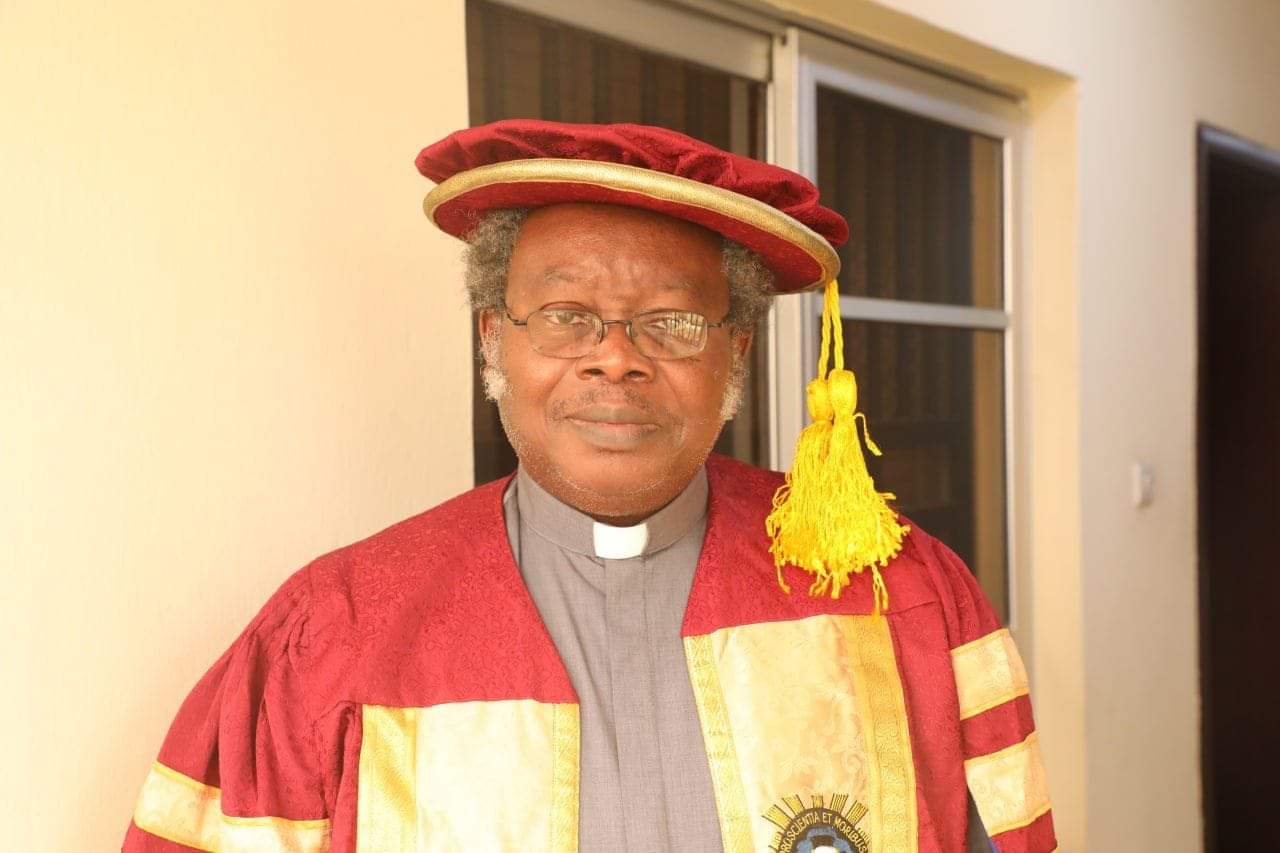
The God who gives another chance
Perhaps today’s Gospel passage should be read not from the beginning but from its concluding verses, that is, from the parable of the fig tree. The parable of the fig tree in Luke’s Gospel is the parable of a patient and compassionate God. It is to this God that we turn every season of Lent with the same sentiment as the psalmist who sang: “If you, O Lord, should keep a record of our sins, Lord, who then shall survive? [Who could stand their ground?] But with you is forgiveness, and for this you are revered” (Ps 130, 3‑4). When Jesus told that parable in Luke’s Gospel, it was to reveal the face of this compassionate God who does not keep a record of our sins.
But this patience and compassion of God is never to be mistaken for naïveté on God’s part. When it comes to the imperative of changing my lifestyle, God’s patience is never to be used as an excuse for procrastination. What Jesus was telling those who cared to listen to him was, God is patient, God is merciful, but that does not mean business as usual. God is not to be taken for a ride.
We may recall here what we heard from the Second Reading of Ash Wednesday, when the apostle Paul told us, at the beginning of Lent, “Now is the acceptable time; now is the day of salvation.” Now, not tomorrow. Now, not in an hour’s time. Turning our hearts to God is not something to be postponed. It is a task to be embarked upon here and now. It is a task to be carried on continuously. It is a task to be accomplished by everyone who hears the message of the Gospel Jesus preached, not just by those who have been branded sinners now. And Jesus advises us not to think some other person or some people are worse than we are.
To those who gave him a report about the Galileans brutally executed by Pilate, he put the rhetorical question, “Do you suppose that these Galileans were worse sinners than others, that this should happen to them?”
The disaster that befell those killed by the tower of Siloam did not happen because they were the worst offenders in Jerusalem. Rather, said Jesus, when such things happen, they should be interpreted as God’s way of inviting the eyewitnesses to change their own lifestyle for the better in order not to be caught unawares.
Every extra amount of breath we breathe has been generously given to us by a God who always gives another chance. Every new day, every hour, every moment given to us by God has been so given as an opportunity to move closer to God by moving closer to the values of the Gospel. And this season of Lent is special because we have a unique opportunity to see how close or how far we are vis-à-vis the ideals of the Gospel. If Christians make good use of this season, and there are many Christians out there, the world is not going to be a paradise by Easter Sunday, but the world can surely become a better place to live in, a humane habitation for human beings.
This is the season in which we review and renew our fidelity to the God who, according to the First Reading, revealed his name in the burning bush as “I am who I am,” that is, the One who is and through whom we are. We could not have been if God had not been and if God had not been patient. This is the time to acknowledge that we are only because God is and only because God is compassionate.
As the Collect of the Mass of the Third Sunday of Lent teaches us, Lent is a season to invoke God, the author of every mercy, the God who reveals his mercy to us as a remedy for our sin, to “look graciously on this confession of our lowliness, that we who are bowed down by our consciences may always be lifted up by your mercy.”
It was out of compassion for his people that he raised Moses to liberate them. And Paul, in the Second Reading, reminded the Christians in Corinth that the Israelites forgot this fact in the desert. They forgot that their existence depended on God, and they suffered disaster, not because God is a vindictive God, but because to forget God is to forget the source of our being; it is to be separated from the source of life, and to be separated from the source of life is to court the opposite of life.
In the hustling and bustling of life, as we daily attend to our one thousand and one preoccupations, we too run the risk of forgetting the One who should be our greatest preoccupation, the one through whom we live and have our being.
But even when we are too busy to remember God, this compassionate God never forgets us. He made this known in the book of the prophet Isaiah when he declared, “Can a mother forget the baby at her breast, feel no pity for the child she has borne? Even if these were to forget, I shall not forget you” (Is 49:15).
Fr. Anthony A. Akinwale, O.P.



Leave a Comment